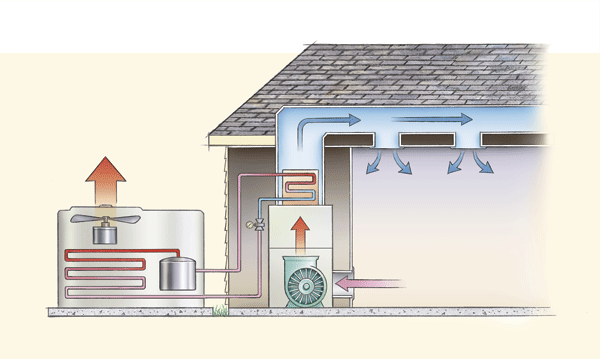
The senior editor at Green Building Advisor, Martin Holladay, lives “so close to the Canadien border, the radio stations are in French…” so what does he know about air conditioning? Plenty. Martin has been reporting on it and other energy-related topics for over a decade.
Martin has put together a handy little article in Q&A format that might help take our minds off the snow that keeps falling outside. Some of the questions that he answers:
What’s a ‘ton’ of cooling?
Answer: In the old days, people used to buy ice to keep cool. A “ton” of cooling capacity is based on the amount of heat absorbed by one ton of ice melting over 24 hours. One ton of cooling capacity is equal to 12,000 Btu/h.
What’s a SEER rating?
Answer: SEER stands for Seasonal Energy Efficiency Ratio. An air conditioner’s SEER rating is its total cooling output in BTU during a “normal” annual cooling season divided by the unit’s total energy input in watt-hours.
What is latent cooling?
Answer: An air conditioners provides both sensible cooling — that is, it lowers the temperature of the air flowing through the air handler — and latent cooling — that is, it dehumidifies the air flowing through the air handler.
Read the full air-conditioning article at Martin Hollady’s ‘Musings of an Energy Nerd’ blog on GreenBuildingAdvisor.com.
Fine Homebuilding Recommended Products
Fine Homebuilding receives a commission for items purchased through links on this site, including Amazon Associates and other affiliate advertising programs.

A Field Guide to American Houses

All New Bathroom Ideas that Work
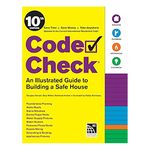
Code Check 10th Edition: An Illustrated Guide to Building a Safe House
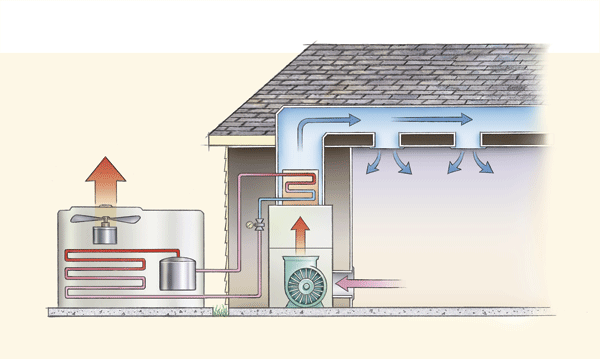
Residential air conditioning units are split systems. There's an outdoor unit connected to a copper coil in the air handler located indoors. The indoor coil removes heat from the house and releases it to the outdoor section. The units are connected with copper tubing carrying refrigerant.
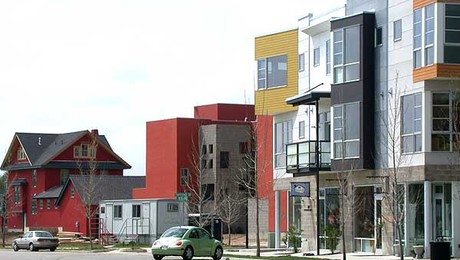
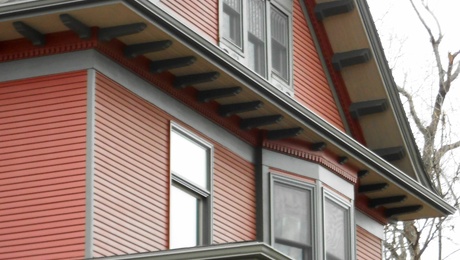
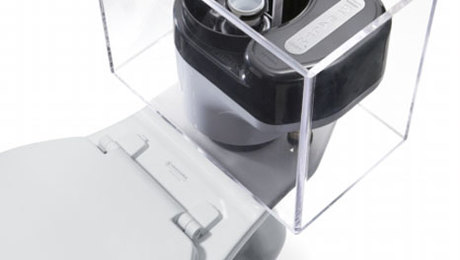
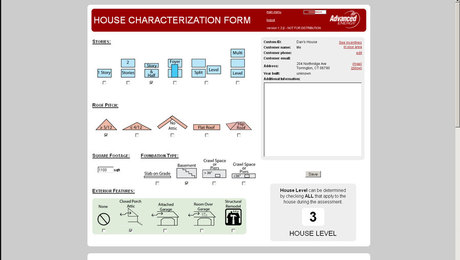
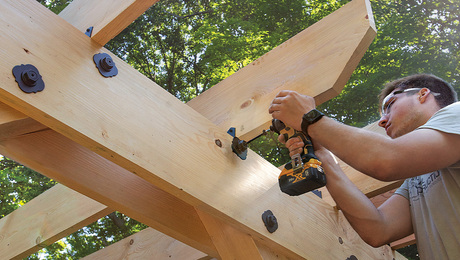



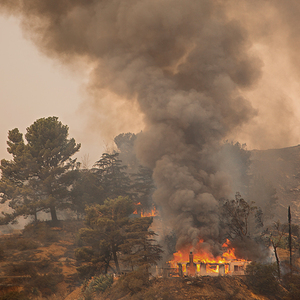
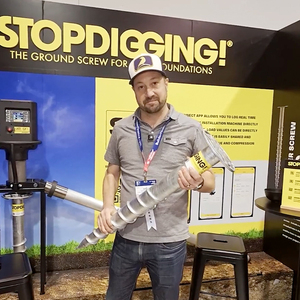




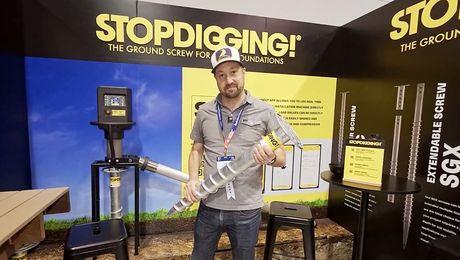
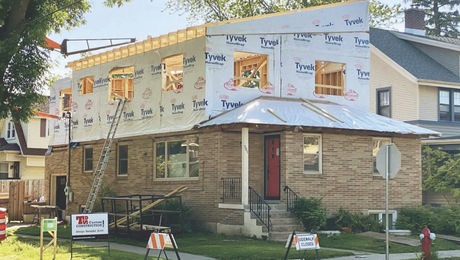
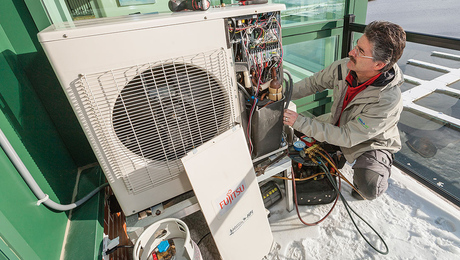
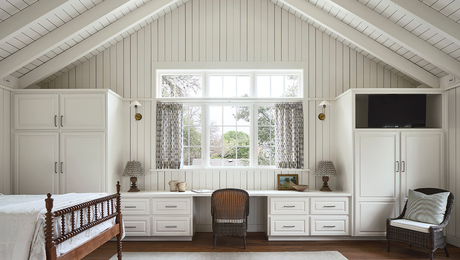
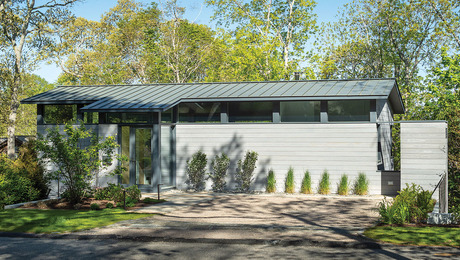











View Comments
This is an informative diagram. It is important that you are familiar with your "Hvac System" and installation so when problem comes you can do simple troubleshooting.
http://rsmechanicalservices.com